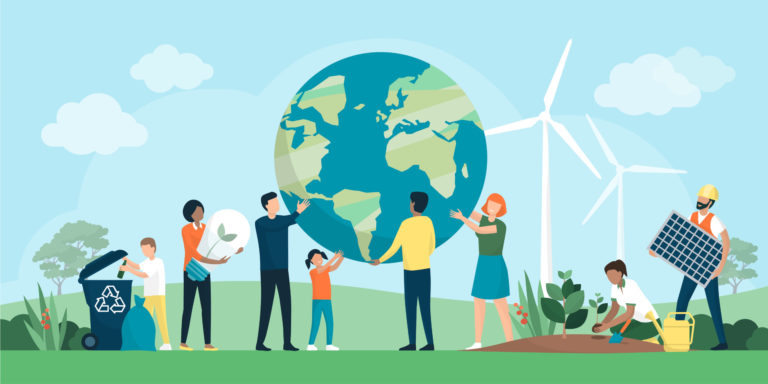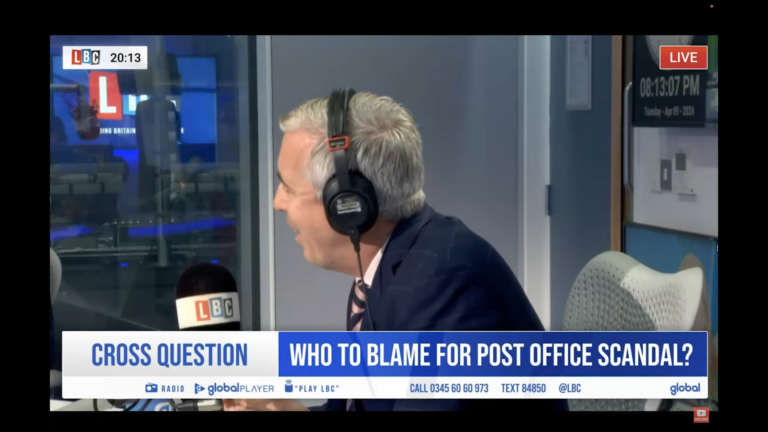On 24 September, Prime Minister Boris Johnson spoke at the UN’s Climate Action roundtable, at which he announced that the UK’s greenhouse gases were 8-10% down in 2020 on previous years but added that there had been an “appalling economic” cost to this achievement. He reiterated the government’s pledge to “build back bolder, better and greener” as the country navigates the next stage of the COVID-19 pandemic.
Johnson made a passionate plea for the world to not be “caught napping” on climate change. He said that the climate crisis must not be overshadowed by COVID-19, because unlike the pandemic, “nobody can say that we have not be warned” about climate change.
But aside from the soundbites, Johnson also indicated where his government’s priorities lie as he outlined his plans for the UK’s green recovery.
- The Saudi Arabia of Wind
Johnson boasted of the UK’s “extraordinary potential” for wind and that the UK will strive to become the “Saudi Arabia of wind” by continuing to develop its own wind power capacity. The UK is already a global leader in terms of offshore wind generation – however historically much of the high value development expertise has come from overseas giants like Siemens and Orsted. Truly becoming the ‘Saudi Arabia’ of wind will require UK plc to develop further intellectual property and project management expertise so that, like the Saudi’s, we have a product to export around the world and not just consume at home.
- Commitment to CCS and hydrogen
The Prime Minister said that he wants the country to lead in carbon capture and storage, admitting that he did not previously think this technology was possible, but he has since become a “evangelist” for it. He also said that the UK is “placing a big bet” on hydrogen for “a lot of purposes,” but singled out heavy transport in particular during his speech.
Hydrogen has become an increasingly prominent part of the energy debate, and further details on how it will be supported are expected in the forthcoming Energy White Paper and a dedicated Hydrogen Strategy paper expected early next year.
- Continued investment in solar and nuclear
He also confirmed the government’s “ongoing investment in solar power and nuclear energy”, in which he added that he thinks nuclear will also play an important role in the country meeting its climate goals.
Johnson’s chief adviser, Dominic Cummings, is said to be enthusiastic about the potential of Small Modular Reactors in particular – but the public funding model to support new nuclear projects remains unclear.
- Retrofitting homes and commercial properties
Finally, he emphasised the importance of ensuring domestic and commercial properties are fit for purpose so they emit far fewer emissions. “Putting in lagging, changing the way the windows are configured, all kinds of things – changing the boilers. You can do so much to make a home less carbon-emitting,” Johnson said. This ties in nicely with the government’s Green Homes Grant voucher scheme, which is due to start in the next few days.
Overall, Johnson was full of optimism on the positive steps countries can take to make a difference and achieve individual and global climate goals by urging all nations to bring the “boldest possible” carbon cuts at a meeting marking the fifth anniversary of the Paris Agreement on 12 December. China has set a positive tone by announcing a net zero commitment by 2060, and Johnson described the meeting as a chance for leaders to look ahead, “do a stocktake and see how ambitious we all are.” What countries bring to the December meeting will kick off a year of negotiations designed to get countries to go even further eleven months later at the COP26 meeting in Glasgow.
With the Energy White Paper expected before the end of the year and a revised Industrial Strategy being worked on, Johnson’s comments at the roundtable have given some indication as to where his government’s priorities lie. Critics have welcomed his commitments, but will not be satisfied until they see some action. From MPs in the Chamber to protestors on the streets, many continue to be unimpressed by what they see as a lack of urgency in enacting the necessary policies to achieve net zero targets. The next fifteen months promise to be critical in defining the UK’s path to net zero, and the trajectory the world takes as we emerge from COVID-19.




